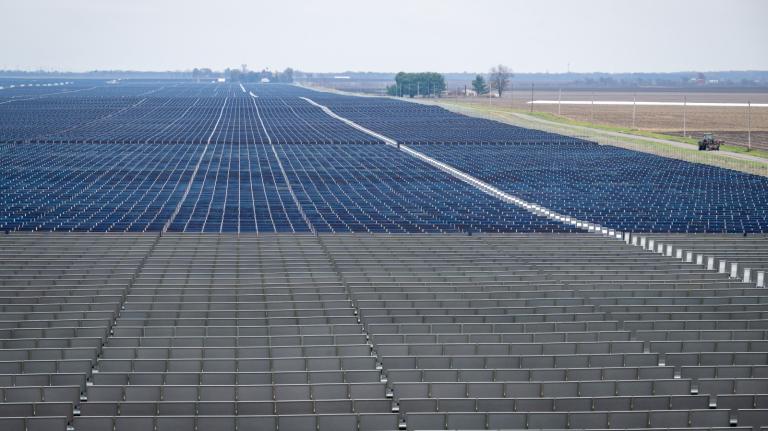Manzian (as in Jim Manzi) climate policy skepticism stems in part from a fairly simple idea: The cost of legislation is unlikely to be justified given likely savings from averted warming effects. In other words, warming, in the short-term, just isn’t going to cost that much.
But what does that mean?
Well, for one thing, it means that near-term bad effects from warming will be overwhelmingly concentrated in poor nations, and luckily for us, making the poor much worse-off doesn’t impact global growth all that much. Score! Here’s a paper on the subject, courtesy of the Freakonomists:
This paper uses annual variation in temperature and precipitation over the past 50 years to examine the impact of climatic changes on economic activity throughout the world. We find three primary results. First, higher temperatures substantially reduce economic growth in poor countries but have little effect in rich countries. Second, higher temperatures appear to reduce growth rates in poor countries, rather than just the level of output. Third, higher temperatures have wide-ranging effects in poor nations, reducing agricultural output, industrial output, and aggregate investment, and increasing political instability. Analysis of decade or longer climate shifts also shows substantial negative effects on growth in poor countries. Should future impacts of climate change mirror these historical effects, the negative impact on poor countries may be substantial.
A couple of side notes: The authors basically assume warming in the near future will look like warming in the near past, which might not be the case. Also, they don’t take into account stuff like sea-level rise. But Stephen Dubner makes a key point:
What does this mean? Among other things, it may mean that many Americans — who are by definition rich — are worried about the wrong thing. Instead of thinking about weather apocalypses, they should instead be thinking about border invasions: the huddled masses from the poorest countries who will be seeking refuge as their own economies collapse. This would be Darwinism on the most epic scale imaginable — but instead of the finch with the shorter beak becoming extinct, it’ll be the poorest millions, or perhaps billions.
Dubner goes on to add a few other morsels of food for thought, such as, “The economists Edward Miguel, Shanker Satyanath, and Ernest Sergenti discovered that one of the most reliable predictors of civil war is lack of rain.”
There are several things to think about here. One is that our models, helpful as they are, do not capture a lot of important variables like, “potential economic loss from violence related to climate refugee crises,” and similar. Another is that uncertainty on climate change is not our friend. Another is that backstop proposals, like spending billions on a contraption to suck carbon out of the atmosphere, might possibly be able to undo some climate damage, but will have a much more difficult time undoing political damage. And finally, conservatives will say that the best thing we can do for these poor nations is to make them rich. Okay, maybe. Please explain how to get the world’s most destitute nations on a rapid development path, such that they can handle negative climate effects in the next half century while simultaneously facing “[reduced] agricultural output, industrial output, and aggregate investment, and increas[ed] political instability.”
It’s just very difficult for me to see how we can afford not to purchase a global insurance policy, in the form of emission reduction measures.

